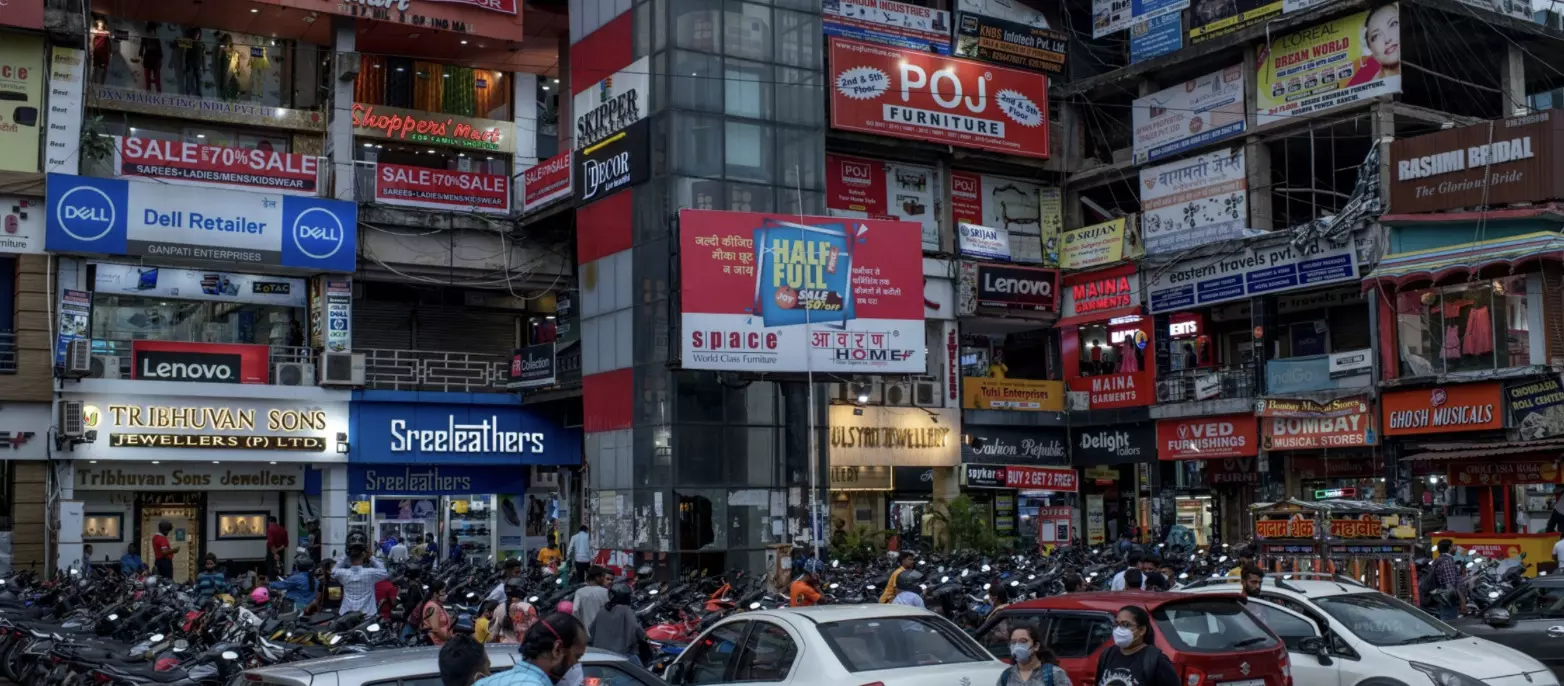India chases China's economy, but there's a catch!
India's economy is experiencing a remarkable surge, with soaring stock prices and extensive government investments in infrastructure projects like airports, bridges, roads, and clean energy initiatives.
image for illustrative purpose

India's economy is experiencing a remarkable surge, with soaring stock prices and extensive government investments in infrastructure projects like airports, bridges, roads, and clean energy initiatives. The country's gross domestic product (GDP) is projected to grow by 6 percent this year, outpacing both the United States and China.
However, amidst this economic boom, there's a concerning trend: domestic investment by Indian companies is lagging behind. While the government is pouring funds into development projects, private sector investment remains stagnant and even shrinking relative to the size of the economy. Moreover, foreign direct investment in India has been on the decline, despite the country's promising growth prospects.
This disparity between government spending and private sector investment poses a challenge for Prime Minister Narendra Modi, who has prioritized improving the ease of doing business in India. As Modi gears up for reelection amid campaign rallies touting his achievements, the sluggish investment climate remains a sensitive topic for discussion among executives, bankers, and foreign diplomats.
Although India aims to achieve developed nation status by 2047, sustained growth rates of around 8 or 9 percent annually are deemed necessary to meet this ambitious goal. While the ongoing economic slowdown in China presents opportunities for India to attract investment and expand its manufacturing base, the lack of confidence among businesses hinders the realization of these prospects.
Despite commendations from institutions like the World Bank for India's infrastructure spending, there's a pressing need for deeper reforms to stimulate private sector investment. The government's expenditure alone is insufficient to catalyze economic growth; a concerted effort to boost corporate spending is essential.
The reluctance of businesses to invest can be attributed, in part, to uncertainty surrounding Modi's leadership, despite his strong support base and pro-business stance. While the Indian stock markets continue to soar, foreign direct investment has dwindled, reflecting apprehension among investors.
In conclusion, while India's economy shows signs of resilience and potential, addressing the investment gap is crucial for sustaining long-term growth and achieving the country's developmental aspirations.

